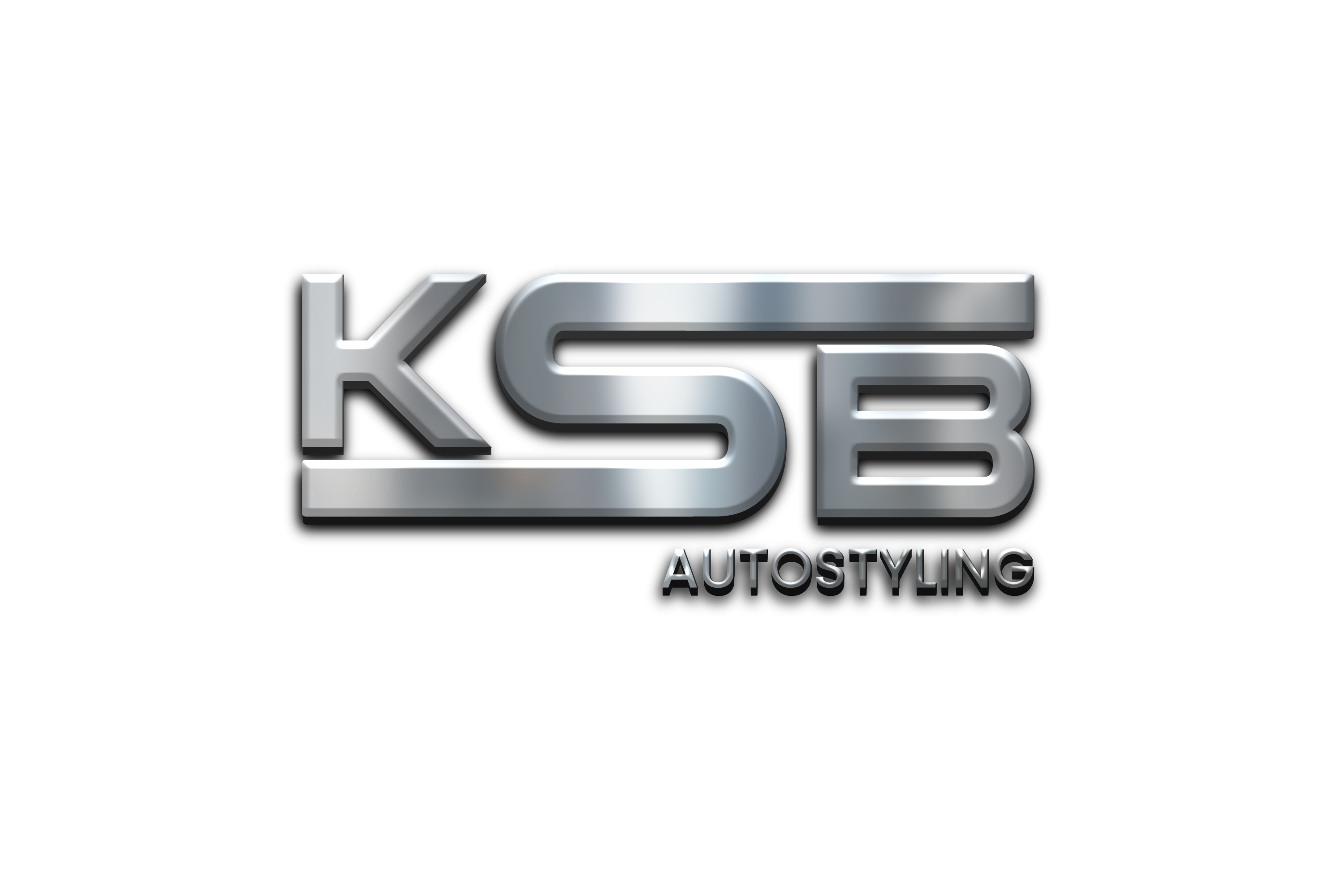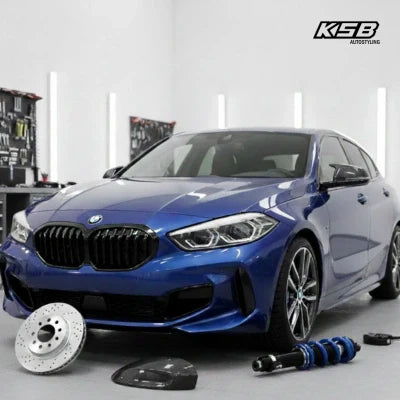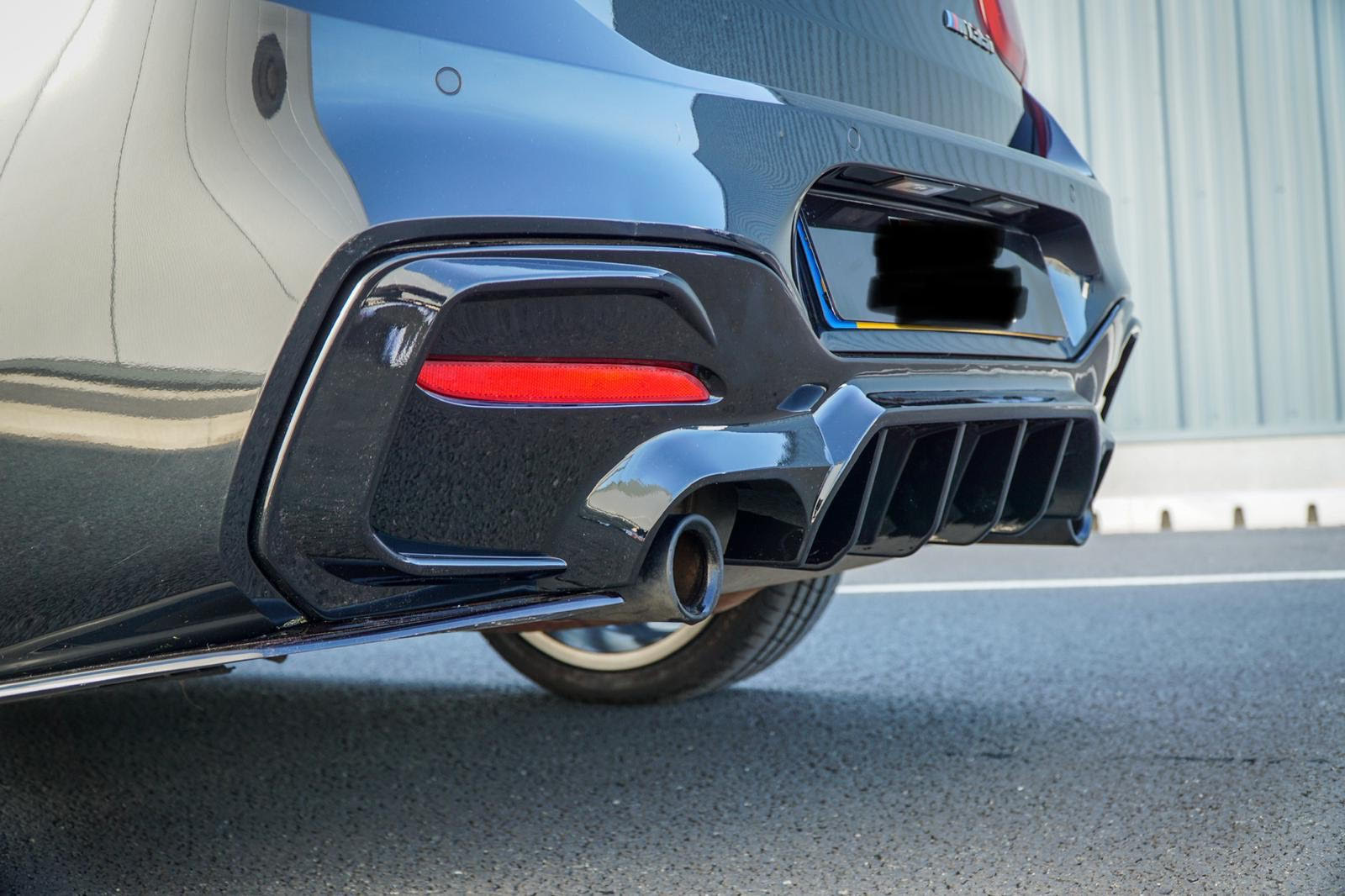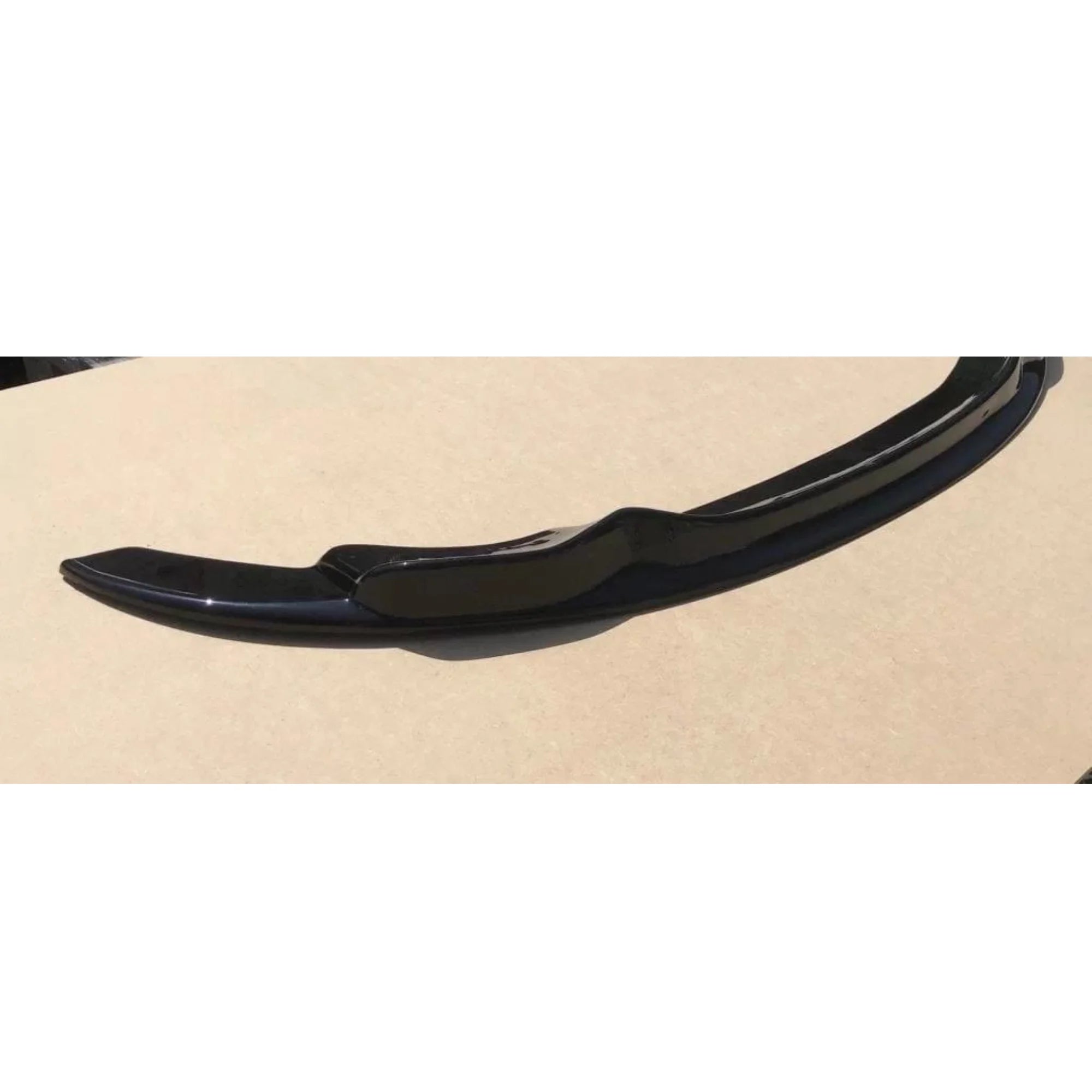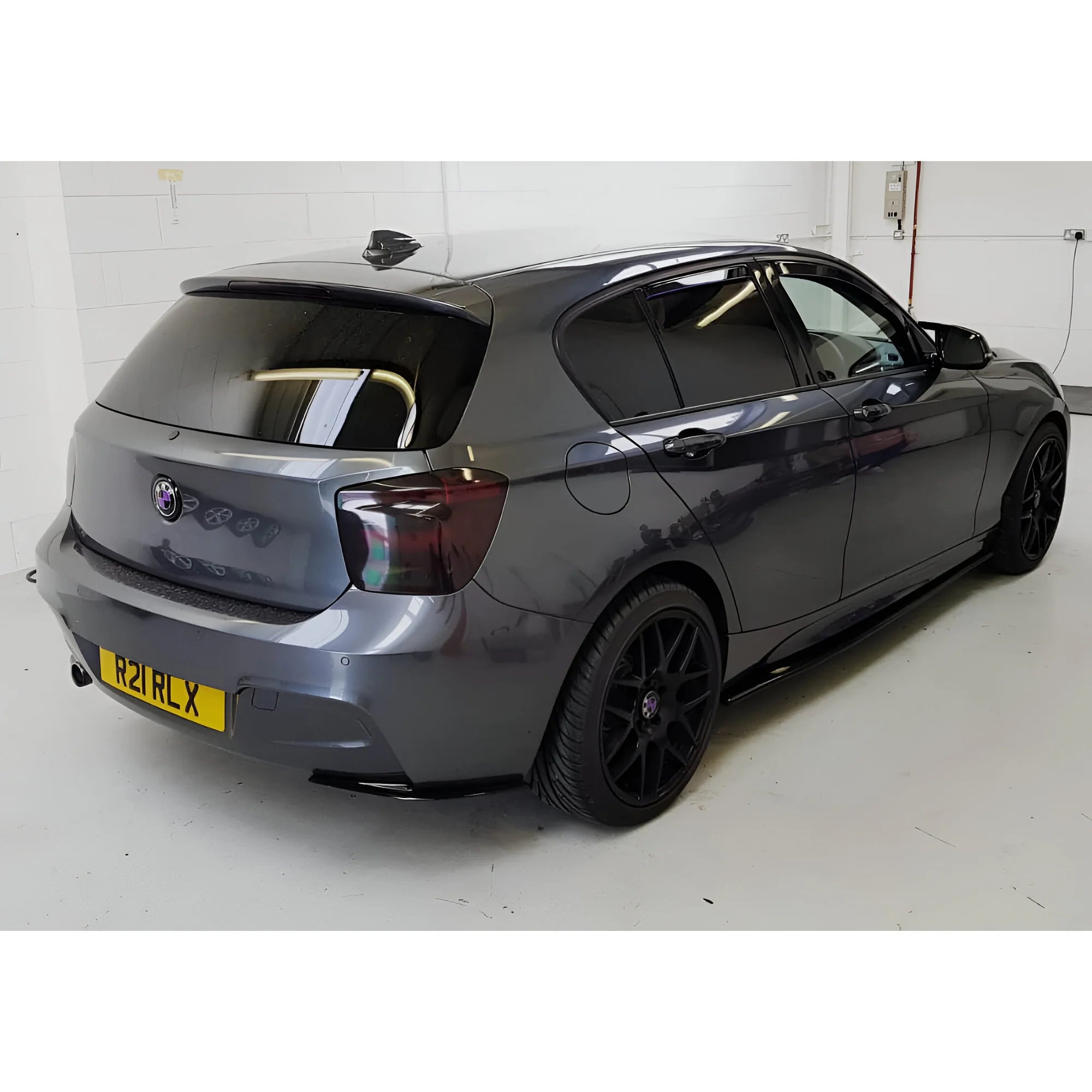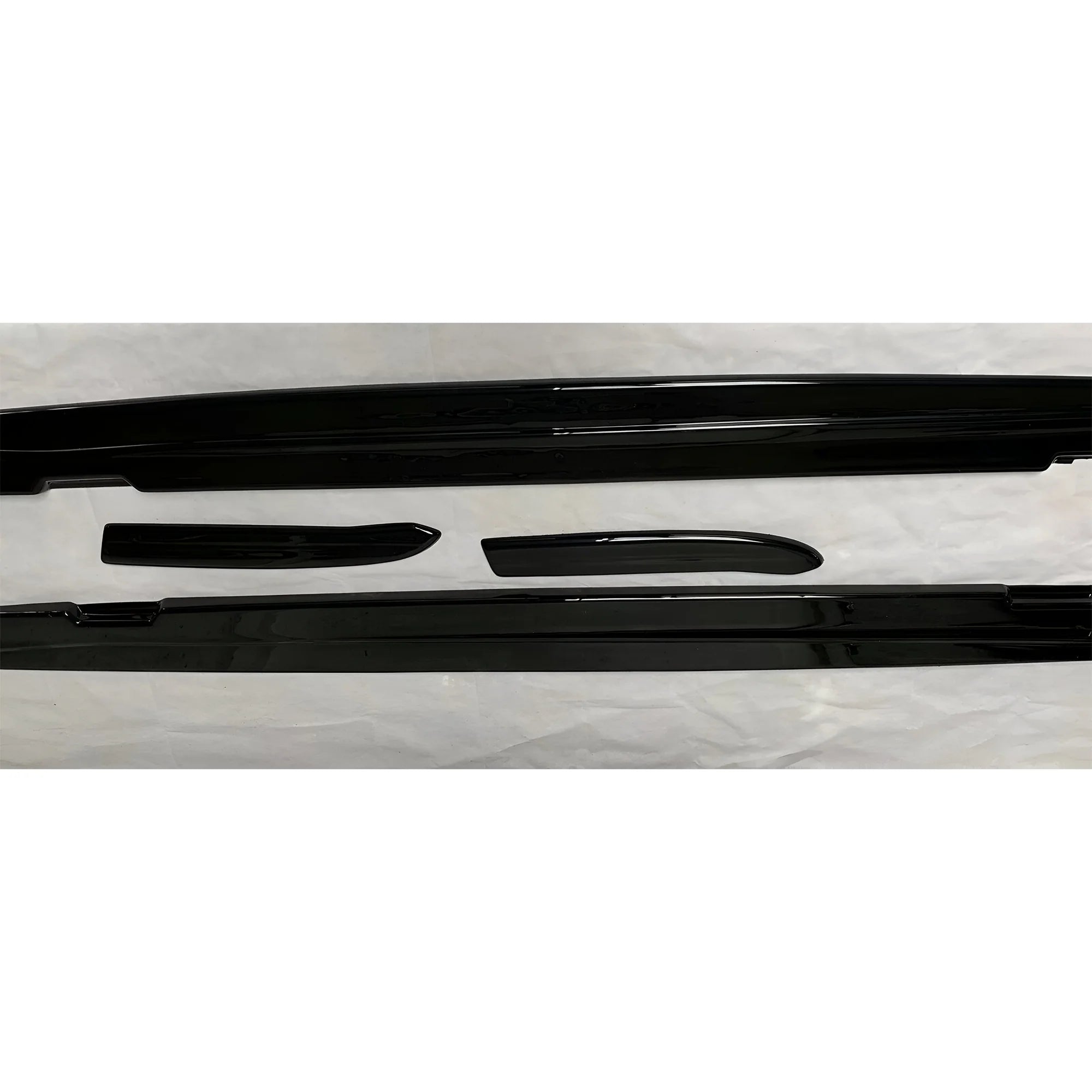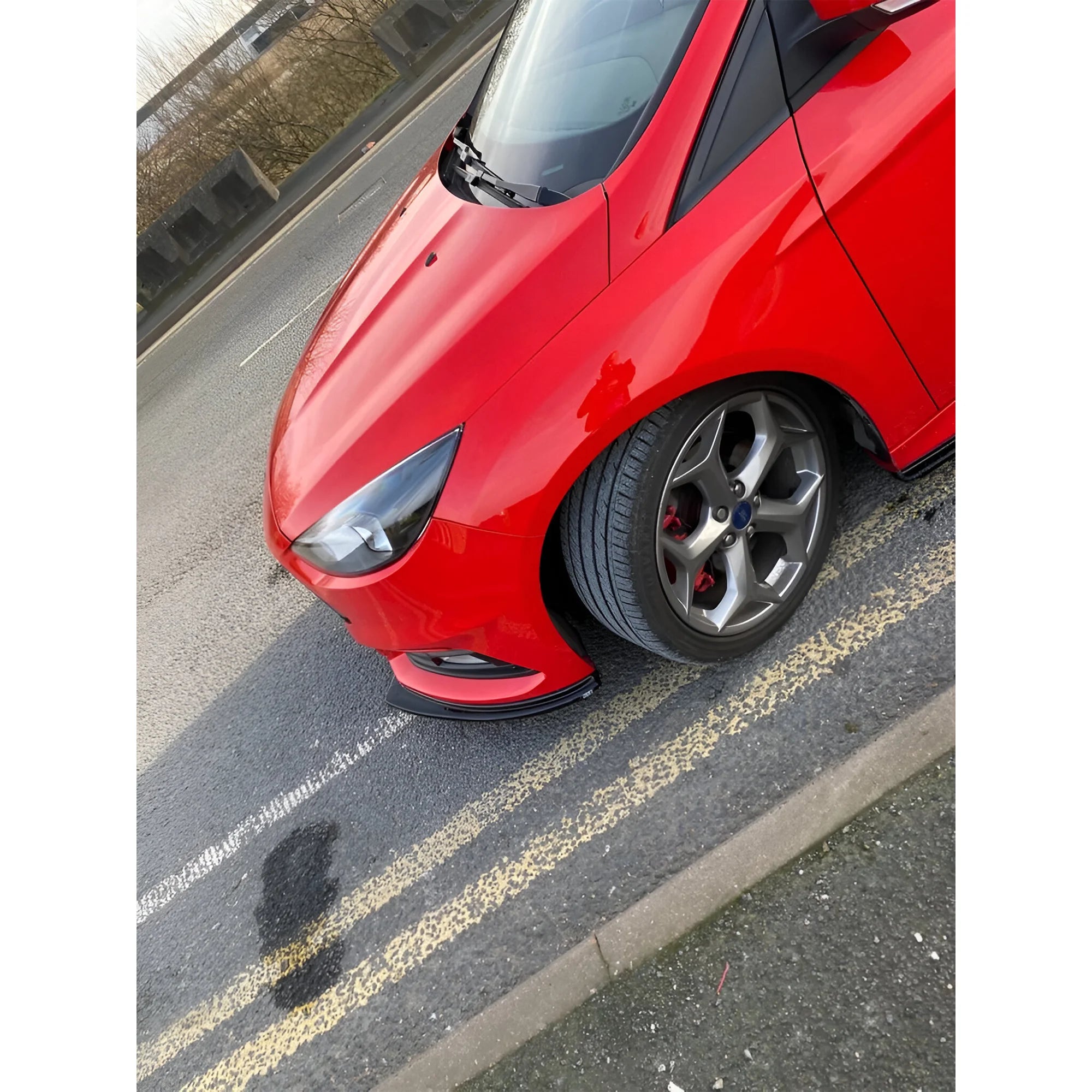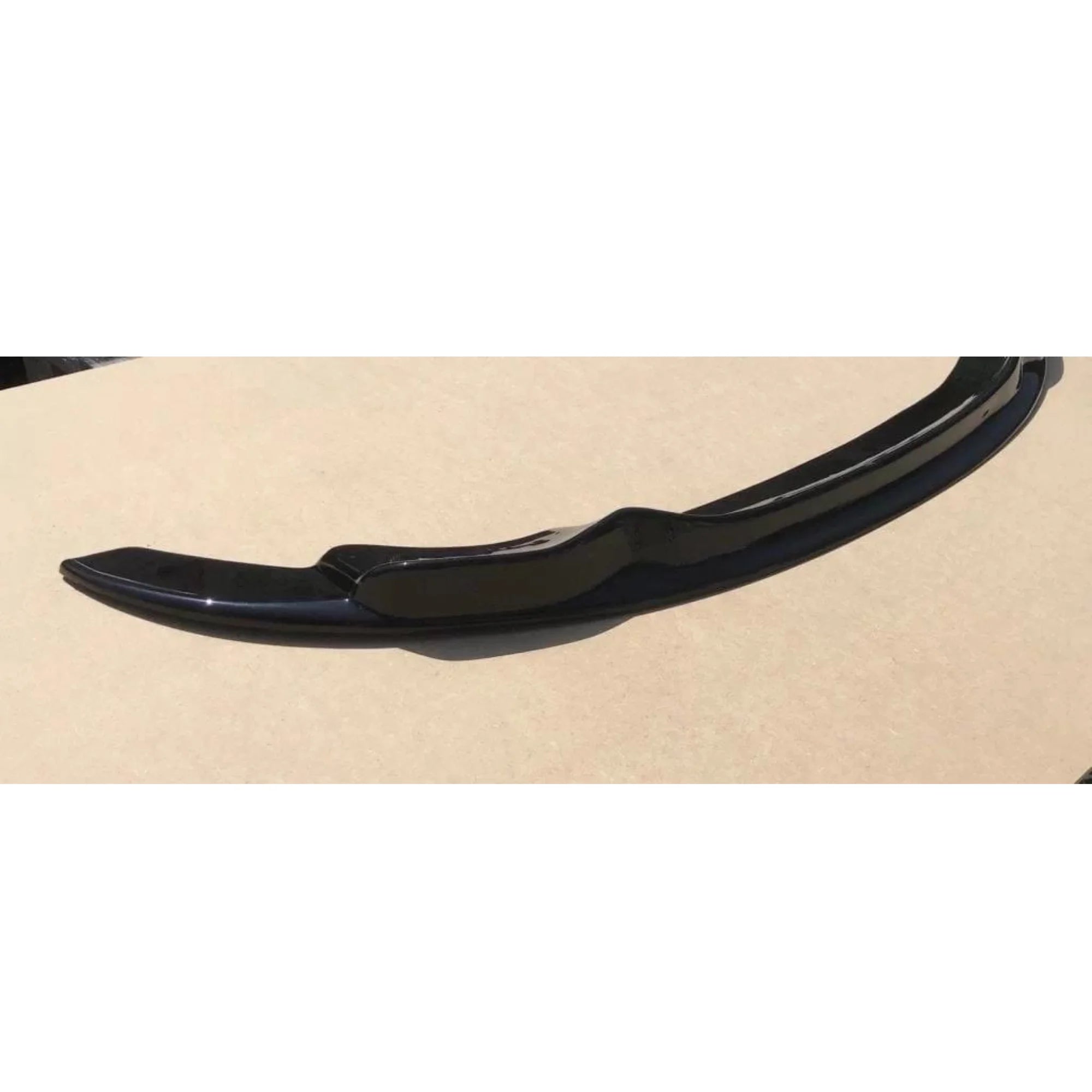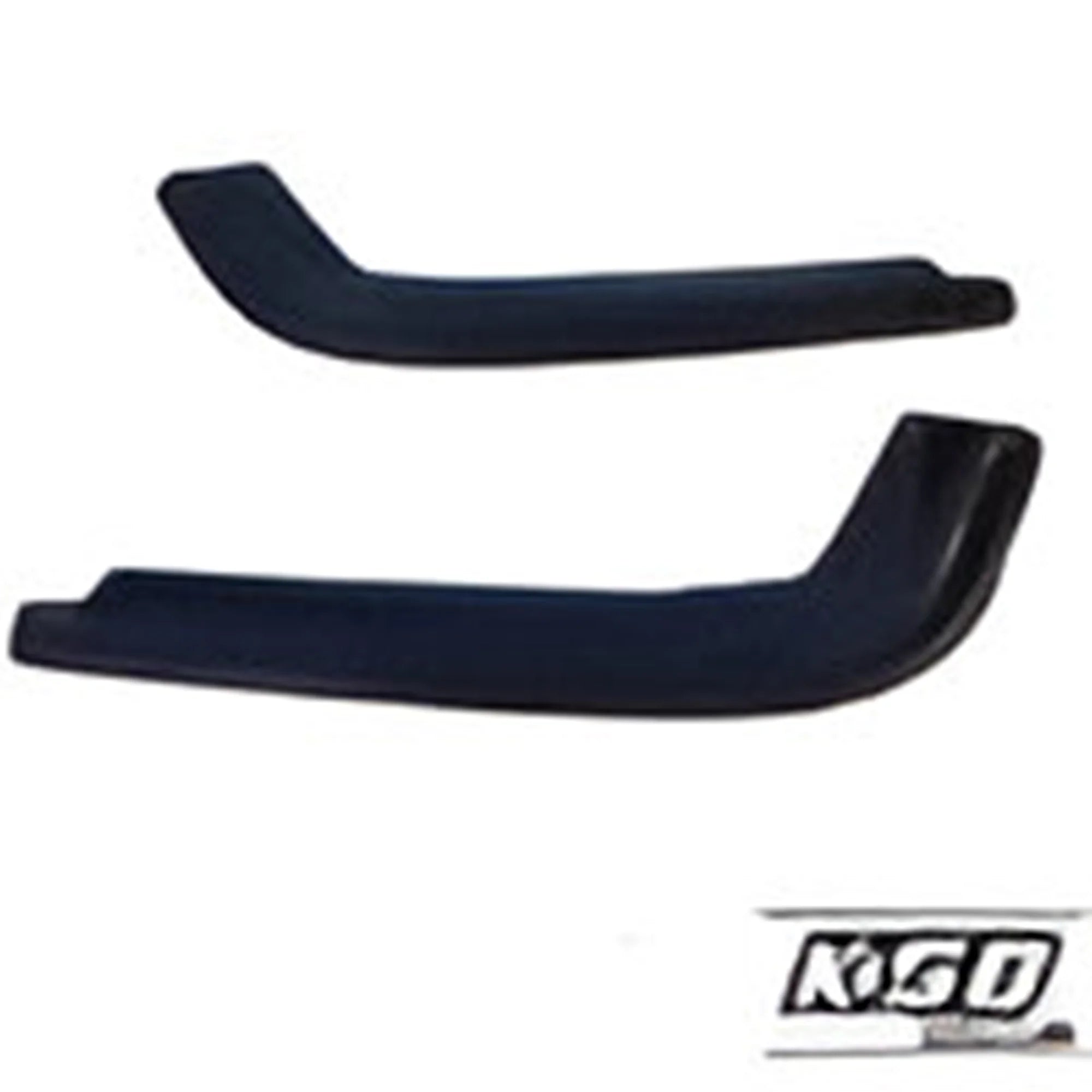
Where to Buy Used Engines Online and Not Get Scammed

In today’s automotive landscape, buying a used engine online has become an increasingly popular option for individuals and mechanics seeking cost-effective replacements. However, the virtual marketplace is full of risks. The potential for scams and subpar products looms large, making it crucial for buyers to exercise caution.
This blog post will explore where to buy used engines online without falling victim to scams, ensuring a smooth transaction and a reliable machine.
Reputable Online Marketplaces:
When purchasing used engines online, reputable marketplaces are your best allies. Websites like KSB Autostyling have built a solid reputation for connecting buyers with reliable sellers. This platform often implements safeguards, such as buyer and seller ratings, return policies, and customer reviews, that can help you gauge a seller’s trustworthiness.
Certified Pre-Owned Engines:
Several automakers and dealerships offer certified pre-owned engines for their used parts programs. These engines are thoroughly inspected and refurbished and often have a limited warranty. Brands like Ford, Toyota, and Honda have certified pre-owned programs that offer peace of mind to buyers. While these options might be slightly pricier, the added quality assurance can make them worth considering.
Specialised Auto Recyclers:
Auto recyclers, also known as junk yards or salvage yards, can be treasure troves for finding used engines at affordable prices. However, choosing a reputable recycler with a well-organised inventory is essential. Websites like Car-Part.com allow you to search for specific machines across various junkyards, helping you find the right fit for your needs.
Online Forums and Communities:
Online automotive forums and communities can be excellent resources for locating used engines. Websites like Reddit, enthusiast forums, and Facebook groups often have sections dedicated to buying and selling automotive parts, including engines. Engaging with these communities can provide insights into trustworthy sellers and potentially yield great deals.
Seller Reviews and Ratings:
Always prioritise sellers with positive reviews and high ratings, no matter which platform you choose. These reviews are often left by previous buyers who share their experiences dealing with the seller. Positive feedback indicates a history of satisfied customers, while negative feedback can be a red flag. Carefully read through reviews to understand the seller’s reliability and responsiveness.
Detailed Product Information:
Legitimate sellers provide detailed information about the used engines they are selling. This includes specifications, mileage, condition, and any history of repairs or maintenance. Be wary of vague listings that lack crucial details, as they could be an attempt to conceal the engine’s actual condition.
Communication with the Seller:
Before finalising a purchase, communicate directly with the seller. Ask questions about the engine’s history, the reason for selling, and any warranty or return policies they offer. A trustworthy seller will be transparent and willing to provide all the necessary information.
Avoid Unrealistic Deals:
If a deal seems too good to be true, it probably is. While everyone loves a bargain, meagre prices could indicate a scam or a severely compromised engine. Research market prices for the specific engine you’re interested in to have a realistic expectation of its cost.
Secure Payment Methods:
When making a purchase, use secure payment methods that offer buyer protection. PayPal, credit cards, and reputable online payment platforms can provide you with avenues for dispute resolution if the product doesn’t match the description or is faulty.
Local Options:
Consider searching for used engines within your local area. It allows you to inspect the engine in person before making a purchase. Some websites can help find local sellers, but be cautious when meeting in person and follow safety guidelines.
The Bottom Line!
Buying a used engine online can be a convenient and cost-effective solution, but avoiding scams and low-quality products requires careful consideration. Reputable online marketplaces, certified pre-owned options, auto recyclers, and online automotive communities are all viable sources for finding used engines.
The key lies in conducting thorough research, reading reviews, communicating with sellers, and using secure payment methods. By following these guidelines, you can confidently navigate the online marketplace, ensuring that your purchase results in a reliable and functional used engine for your vehicle.
FAQS
-
Is it bad to buy a used engine?
Buying a used engine can be a cost-effective solution for vehicle repair or restoration projects. However, it’s essential to thoroughly inspect the engine’s condition and history to ensure reliability. With proper research and due diligence, purchasing a used engine can provide good value and performance for your vehicle.
-
How to check when buying a used engine?
When buying a used engine, start by examining its exterior condition for signs of damage or wear. Next, perform a visual inspection of critical components such as the cylinder head, oil pan, and timing cover for any leaks or cracks. It’s also crucial to ask for maintenance records and perform a compression test to assess the engine’s internal condition and overall health.
-
What to look for when buying a used engine block?
When evaluating a used engine block, pay close attention to its structural integrity and overall condition. Look for signs of cracks, warping, or corrosion, particularly around mating surfaces and coolant passages. Inspect the cylinder bores for scoring or excessive wear, as well as the main bearing journals for signs of damage or uneven wear.
-
How do you inspect a used car engine?
To inspect a used car engine, start by conducting a visual inspection for any obvious signs of damage, leaks, or wear. Check the oil level and condition, as well as the coolant level and colour. Listen for unusual noises such as knocking or ticking when the engine is running, and pay attention to any abnormal smells or exhaust smoke. Consider performing a compression test and inspecting the engine’s electronic components for proper functionality. Finally, review the vehicle’s maintenance records and consider seeking the opinion of a qualified mechanic for a comprehensive evaluation.
